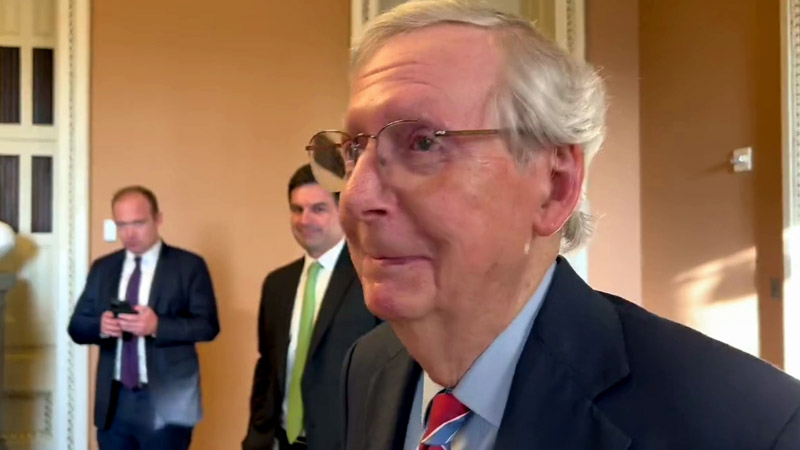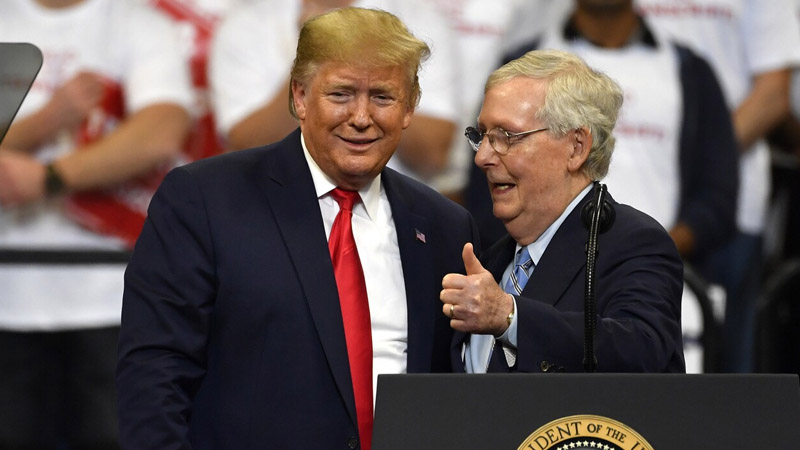On Sunday, Senate GOP leader Mitch McConnell reportedly delivered a critical message to President-elect Donald Trump, stating unequivocally that there would be no recess appointments under his leadership. This stance could significantly impact Trump’s ability to bypass the Senate confirmation process for his more controversial cabinet nominees, including Rep. Matt Gaetz.
Trump had earlier called on Republican leaders to prepare to use recess appointments to circumvent the confirmation process, despite the GOP securing a majority in the Senate. Gaetz’s nomination, among others, has drawn considerable criticism due to his controversial history and ongoing legal scrutiny.
McConnell Stands Firm
McConnell’s declaration came just as Senate Republicans elected John Thune as McConnell’s successor following the latter’s planned retirement. While Thune hinted he might be open to the possibility of recess appointments in the future, McConnell’s firm stance over the weekend suggested otherwise.
“There will be no recess appointments,” McConnell reportedly said during a Washington gathering, according to Jane Mayer, a staff writer for The New Yorker. Mayer shared the development on social media, framing it as a pointed message to Trump’s team.
Implications for Trump’s Nominees
McConnell’s refusal to entertain recess appointments means Trump’s cabinet picks will face formal Senate confirmation hearings. This process could stall or block some of the president-elect’s most polarizing nominations, including Gaetz, who has been the subject of ongoing legal investigations.

The GOP leader’s announcement underscores a potential rift within the Republican Party, as some members seek to assert the Senate’s traditional role in vetting presidential nominees.
A Party Divided
The decision highlights the challenges Trump may face in aligning with Senate Republicans, even as they hold the majority. McConnell’s statement reflects a broader concern within the party about maintaining the Senate’s authority and ensuring accountability for nominees.
Thune’s willingness to consider recess appointments signals a potential shift in approach once he assumes leadership, but McConnell’s current position suggests that any attempts to bypass the Senate will meet resistance.
The Path Ahead
McConnell’s message sets the stage for an early test of Trump’s relationship with Senate Republicans as he prepares to take office. The refusal to allow recess appointments ensures a rigorous confirmation process, forcing Trump’s nominees to clear significant hurdles in a divided political climate. Whether this will prompt adjustments to Trump’s strategy remains to be seen, but it marks a defining moment in the power dynamics between the White House and the Senate.

